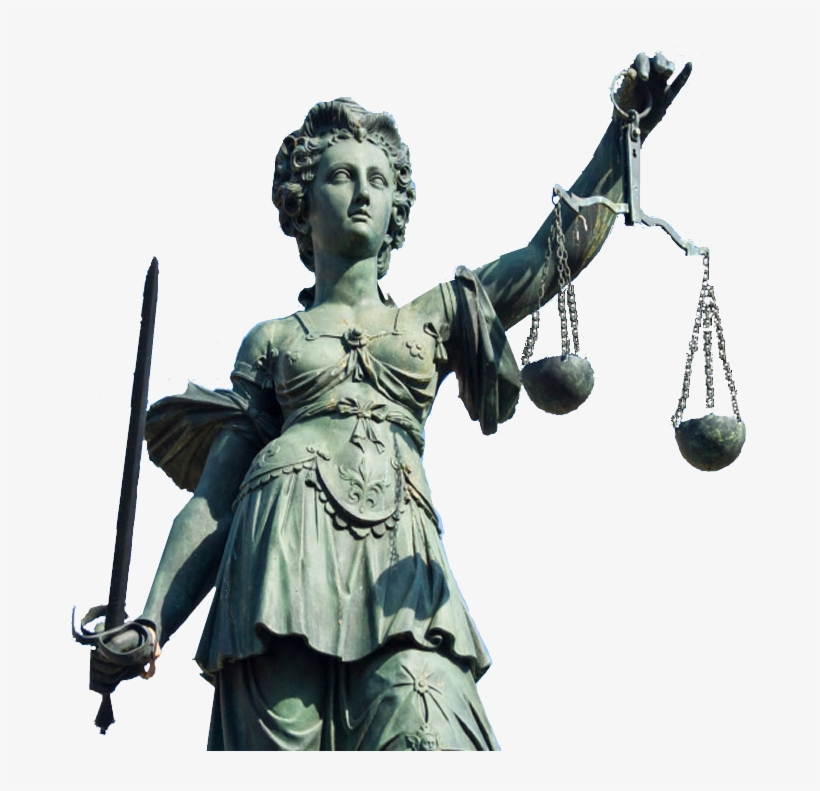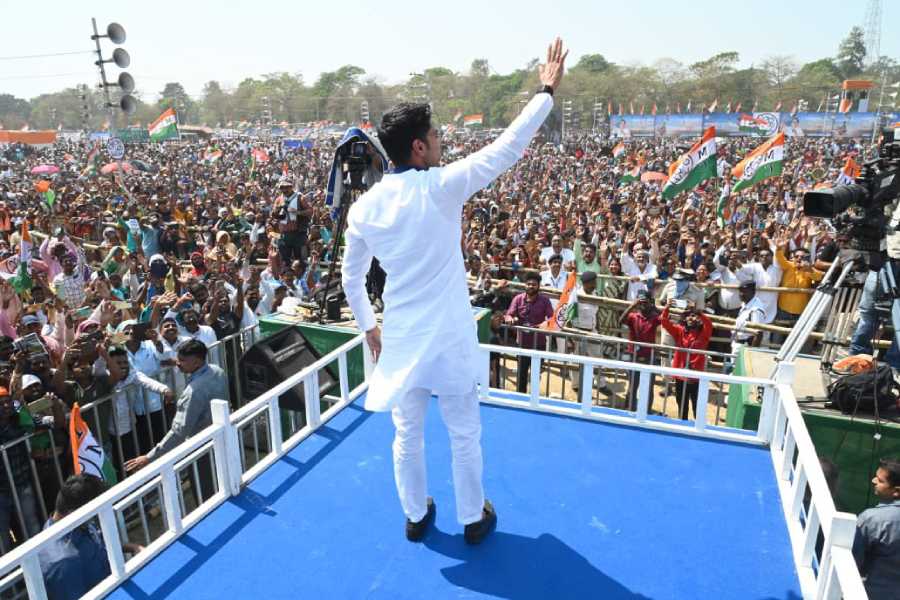Of the three pillars of democracy, the executive could be the least risky, implementing policies; the legislature, the most complicated, enacting laws; and the judiciary, the most powerful, ruling on the former two. However, unless the pillars are of the same height, the roof atop will tilt one way or another, causing a serious threat to its long-term stability.
A few years ago, the ruling party chose the judges. This meant that the legislature was the most powerful of the three branches of democracy. Later, the Collegium of Judges was given the power to choose judges on their own. This took away the power that the legislature had had for a long time. The collegium was meant to remove undue quid pro quo favours between the government and the judiciary, influencing fair trials and judgments.
The government still has a leash in the post-retirement positions, as a governor or a member of the Rajya Sabha, but the Apex Court has time and again asserted its supremacy in the recent past. The court’s latest salvo is to comment on the role of the governors as being partisan and attempting to topple elected governments. The comments were made while they were listening to a petition from Uddhav Thackeray and discussing the role of B.S. Koshyari, the governor of Maharashtra. Uddhav had challenged the governor’s trust vote, which led to him forfeiting his government and party.
Every Indian would like to cleanse the murky political system, which sometimes appears to be a shame on democracy with elected members from one party jumping over to the other party. Such defections happen even between sworn opponents, disregarding the perception created with the voters, like in the case of Shiv Sena and the Congress. The results of the election could have been totally different had Uddhav not ditched their long-time political ally, the BJP. The resentment of the voters never mattered in this case.
The court has been blind, as Article 356 (the President’s Rule) was imposed 132 times, of which the Congress used it 93 times to dismiss state governments. If the governor’s role comes under criticism, Speakers of various state legislatures have shown thumbs over noses to the courts and escaped any major reprimand.
The court must remind itself that serious actions like the imposition of President’s rule, unless there is a clear case of miscarriage of justice, cannot be loosely commented on or criticised, for such actions come with the assent of the president, under whom all the three branches, including the courts, must operate.
Needless bickering and one-upmanship to show who is superior will eventually render harm to the country’s democracy, which is already under threat and challenge from the fence-sitters and those who have come to make money.
Jai Hind!
Sampath Kumar
Intrèpide Voix



